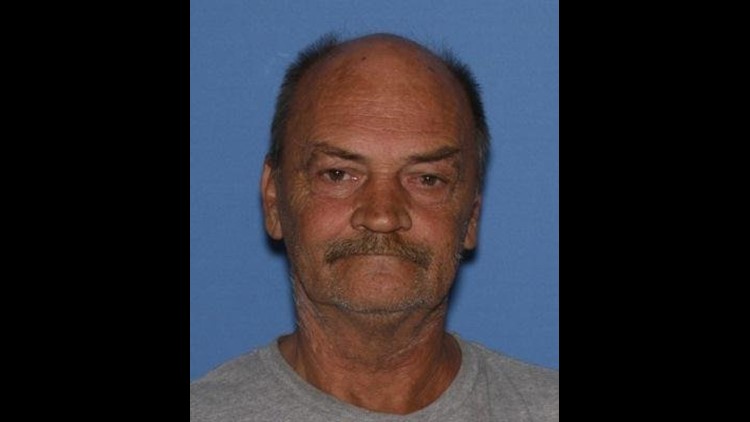FORT SMITH (KFSM) — Recent court documents filed against Arkansas Department of Human Services employees allege that the department placed several children in the home of a known sexual predator. The complaint was filed Monday (June 5) in Fort Smith.
The complaint alleges that DHS approved Clarence “Charlie” Garretson and his wife to be foster parents despite the fact that one year prior to the approval DHS had substantiated a report that Garretson had sexually assaulted two children at knifepoint.
According to the complaint, the DHS employees approved Garretson to be a foster parents despite knowledge of his history of sexual assault upon children, failed to conduct a proper background check prior to placing children in their care, failed to thoroughly investigate the fitness of the foster home, deliberately ignored repeated warnings and signs of abuse, failed to promptly investigate allegations of abuse and failed to promptly remove victims from the home after notice that children were being sexually abused.
The lawsuit claims that at least 18 of the 35 children placed in the home were sexually abused. DHS received several victim complaints about Garretson’s sexual abuse between 1998 and 2004 and failed to remove any children from the home, according to the complaint.
According to the complaint, DHS employees obtained knowledge on different occasions that children were being sexually assaulted in the home and no action was taken. Reports were not made to authorities or the child abuse hotline and the children were left in the home.
The Arkansas DHS revoked the Garretson’s foster status in 2004. In July 2014, Charlie took the 10-year-old daughter of his former foster child and victim on a road trip and raped her repeatedly. He was arrested in 2016 and pled guilty to multiple counts of interstate transportation of minors with intent to engage in criminal sexual activity.
Garretson was sentenced to life in prison on May 31.
DHS released the following response:
Confidentiality laws prohibit DHS from commenting on individual foster care cases. However, DHS would never intentionally put a child in harm’s way. Sadly, there are people who prey upon children and may try to use the foster system to do so. When that happens, we act swiftly to ensure youth in foster care are in safe homes.
The system for vetting foster families is much stronger and more thorough today than it was 20 years ago. We conduct state and federal background checks, child maltreatment checks, home studies, and training. We also do re-evaluations of homes annually, and new background and maltreatment checks are run every two years. In addition, we have a more sophisticated reporting and information system for children in care, biological families and foster families. We also now have a protocol in place that automatically notifies the DHS division responsible for foster care when there is a call into the child abuse hotline that includes an allegation against a foster parent.
We also are more diligent about closing foster homes when abuse allegations are perhaps unsubstantiated but there are concerns about the environment.
There is a great need for loving, suitable foster homes for children who have been abused or neglected. They come into the child welfare system through no fault of their own. Families who have a desire to provide a safe temporary place for children to heal and be part of a normal, healthy home environment should not be swayed by stories of abusive foster parents. Ask any foster parent, and they’ll tell you that there are challenges in parenting any child – biological or foster – but there are amazing rewards.



